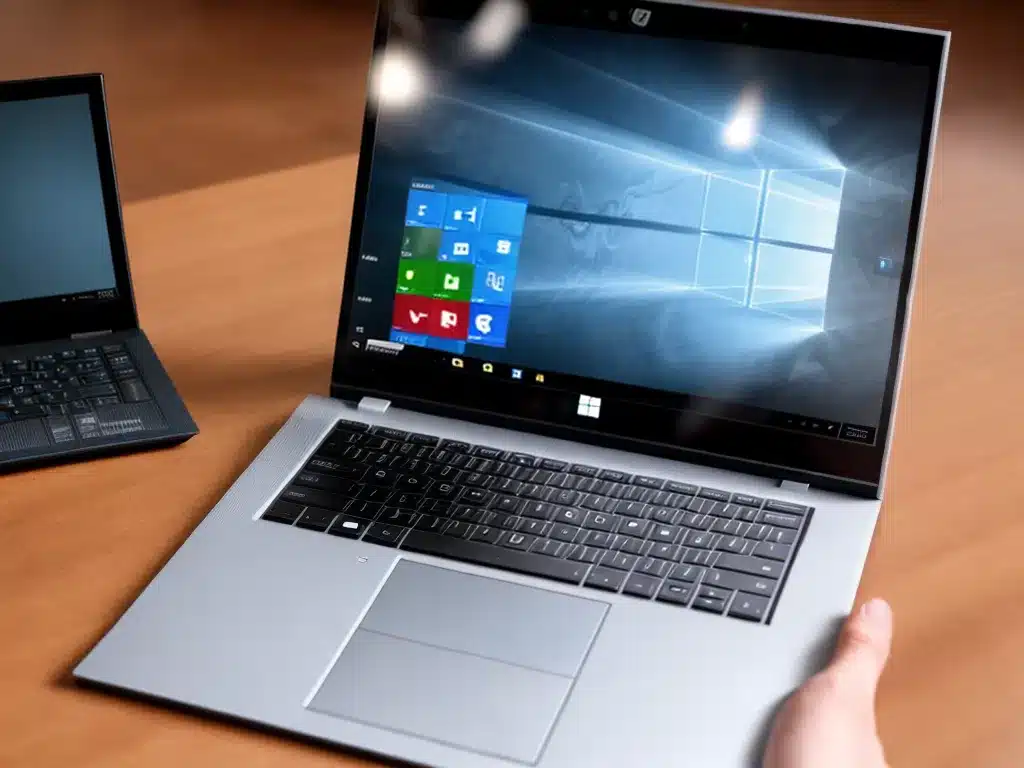
Windows 12 is not yet available, as Microsoft is still developing Windows 11. However, here is some hypothetical advice on whether you should upgrade to Windows 12 when it is released:
What is Windows 12?
Windows 12 would be the next major version of Microsoft’s Windows operating system after Windows 11. As a hypothetical future release, details about Windows 12 are completely unknown at this point. If Microsoft follows previous naming conventions, Windows 12 would likely release 5-6 years after Windows 11, sometime around 2027.
It’s safe to assume Windows 12 would include significant enhancements and new features compared to previous Windows versions. Potential improvements could include:
- A redesigned interface and visual appearance
- Performance and efficiency boosts
- Enhanced security features
- Better integration with other Microsoft products and services
- Support for new hardware and technologies
However, the specific changes and upgrades Windows 12 could bring are complete speculation at this point.
Should You Upgrade to Windows 12?
Upgrading to a new Windows version always involves tradeoffs to consider. Here are some key factors to weigh if deciding whether to upgrade to Windows 12 when available:
Compatibility
- Like any major Windows release, Windows 12 would likely drop support for some older hardware. If you have an older computer, it may not be compatible.
- Windows 12 would also require apps and software to be optimized to work properly. Older programs may not function correctly or at all after upgrading.
Learning Curve
- The interface and features would be different from previous Windows versions. There would be a learning curve to get accustomed to Windows 12, even for experienced Windows users.
Cost
- Upgrading could require purchasing a new Windows 12 license, which can be expensive. Subscriptions like Microsoft 365 may include it as part of the subscription cost.
Pros of Upgrading
- You’d gain access to the latest features and security enhancements.
- Upgrading extends the usable lifespan of your hardware by keeping it compatible with the newest software.
- You’d avoid eventual end-of-support issues for older Windows versions.
Cons of Upgrading
- There is often a period of instability and bugs with any new Windows release.
- New system requirements could force you to upgrade your computer hardware.
- Reinstalling apps, drivers, and accessories to be compatible with the new OS can be time-consuming.
Our Recommendation on Upgrading to Windows 12
In most cases, we recommend upgrading to each new generation of Windows if your computer can support it. The pros tend to outweigh the cons for most users. However, there are some instances where you may want to wait:
- If you have mission-critical software that absolutely must keep working, wait to upgrade until you verify compatibility.
- If you have an extremely old computer, upgrading may not be worth it or even possible.
- If you don’t care about new features and primarily just use your PC for simple tasks, upgrading may not provide much benefit.
When Windows 12 nears launch, do research on the hardware requirements, new features, and any major changes that come with the OS. Make sure your critical programs will still function properly after upgrading. Assuming your computer can handle it, upgrading to Windows 12 will likely provide the best experience and longest device lifespan. But don’t rush into it; wait for reviews and feedback from early adopters first after the initial release.












